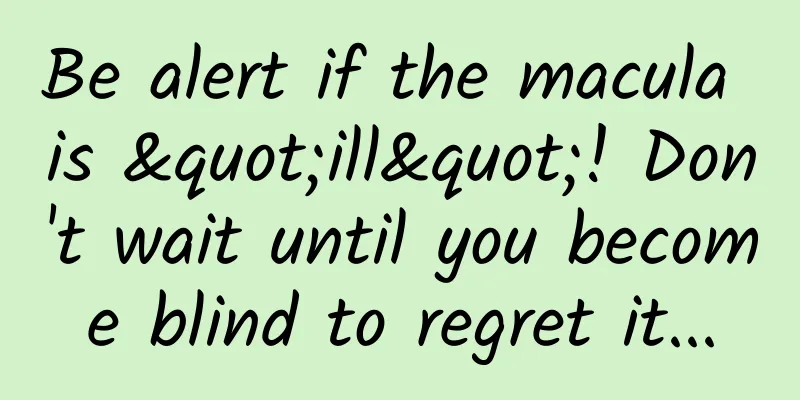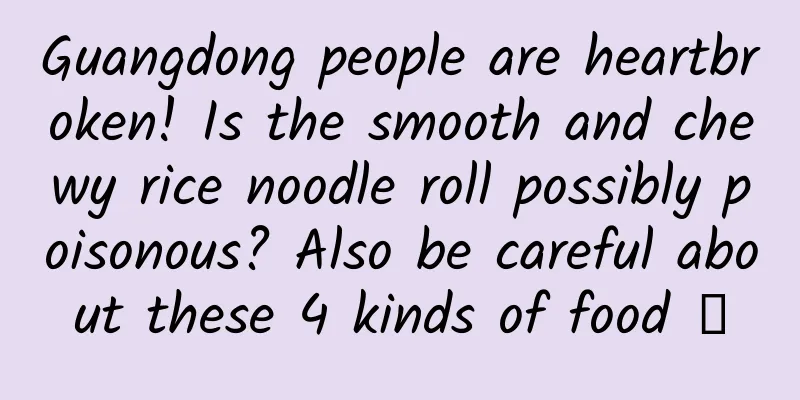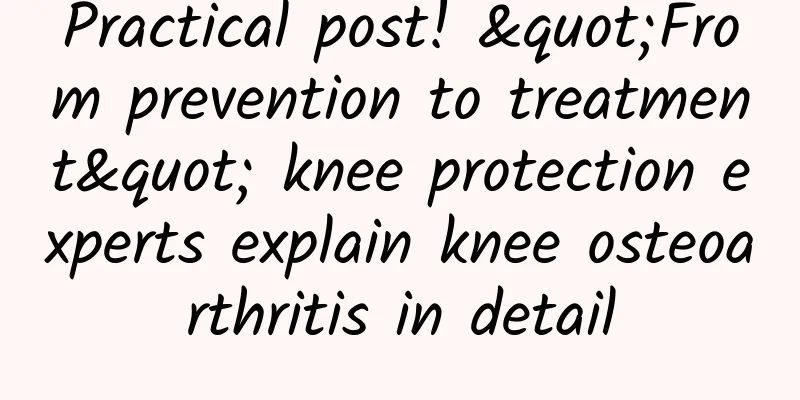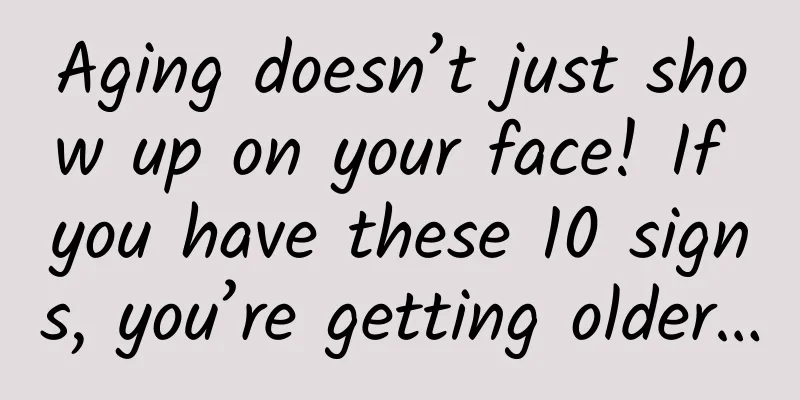[Pulling the hook] and [burping] are really different!
![[Pulling the hook] and [burping] are really different!](/upload/images/67f1af9b0aaad.webp)
|
After wolfing down his food and drinking to his heart's content, he was about to pat his belly when he suddenly started burping, and it wouldn't stop for several minutes. Image source: soogif At this time, relatives and friends around you will start to say: You must have eaten too fast! You ate the cold air while eating. Then they will start to give you some advice while laughing, some say hold your breath, drink water, and some say scare you. So, how do hiccups occur? Are those so-called folk remedies really useful? Image source: soogif**1.** Why do we hiccup? Hiccups, which Chongqing people usually call " che****hooks ", are medically known as "hiccups ". It is a clinical manifestation caused by involuntary diaphragmatic spasm, which can occur on one or both sides of the diaphragm. When the diaphragm involuntarily contracts intermittently, it suddenly moves down, air is quickly inhaled into the respiratory tract, and the vocal cords at the glottis or upper end of the trachea close rapidly, producing a unique sound, which is "hiccups". Image source: Yitu.com The exact reason why humans hiccup is still a mystery, but scientists have an interesting theory: hiccups may help the fetus learn to breathe in the womb, and later in life, hiccups are the sequelae of this early breathing training. As for why we hiccup in our daily lives, there are a few factors that have been summarized: 1. The rapidly expanding stomach stimulates the diaphragm Talking too much while eating, eating too fast or laughing (a lot of air will enter the stomach); drinking a big gulp of carbonated beverage (carbonic acid will decompose in the stomach to produce a large amount of carbon dioxide gas), etc. will cause the stomach to expand rapidly, stimulating the receptor of the hiccup reflex - the diaphragm, and then start hiccups. Image source: Paixin Creative 2. Hot and cold stimulation, mental factors Sometimes taking a breath of cold air or eating too cold or too hot food can also cause hiccups. Although the form is different from the above, the result is the same - irritation of the diaphragm leads to hiccups. It is worth mentioning that mental factors: anxiety and tension are sometimes related to hiccups. Some people have suggested that it is because anxiety and tension affect eating, but the specific mechanism is still unclear. Image source: Paixin Creative 3. Disease factors Generally speaking, our hiccups are transient, that is, they will go away after a while. However, there are cases where the hiccups last for a long time (more than 48 hours) and cannot be cured. We call this intractable hiccups . Image source: soogif If you have persistent hiccups, you should be alert, as there may be an organic disease at work. The specific causes are roughly divided into two types: central and peripheral. Central causes include meningitis, hydrocephalus, brain tumors, etc. Peripheral causes include problems with the digestive tract and lesions around the diaphragm, such as esophagitis, gastritis, gastric dilatation, pleurisy, etc. If the hiccups do not stop for a long time, it is best to go to the hospital for a check-up. **2. ** Belching In addition, belching , which we often call burping , needs to be distinguished from hiccups. Belching is mainly caused by the upward discharge of gas caused by gastrointestinal lesions, while hiccups are caused by the involuntary intermittent contraction of the diaphragm. Image source: Paixin Creative. Belching is usually caused by indigestion or gastrointestinal diseases, or dysbacteriosis. Severe belching may even be accompanied by symptoms such as acid reflux, stomach pain, and bloating. So although the causes of belching and hiccups overlap, it does not mean that the two are completely equal. So don't think that belching is hiccups, and you must seek medical attention in time when other symptoms appear. I believe everyone can feel that when you hiccup, you can't stop it even if you try to control it. This is because hiccups are actually the product of the hiccup reflex, and our brain cannot control the hiccup reflex from above, unlike the knee jerk reflex, which can forcibly stop it. Therefore, even if we try hard not to hiccup, it is useless, and this has promoted the birth of some so-called folk remedies. After all, we have to find a way to make it stop, right? Image source: soogif So, intelligent humans came up with one folk remedy after another, such as drinking water, scaring, holding breath, etc. Can these folk remedies be used? Do they really work? I have to say that these folk remedies are really useful for relieving hiccups under certain conditions, and they can also be explained from a scientific point of view. 1. Breath-holding method Hiccups are caused by paroxysmal and spasmodic contractions of the diaphragm. Deep inhalation relaxes the diaphragm, and after holding the breath for a period of time, the diaphragm spasm is suppressed, and so are the hiccups. Another explanation is that holding the breath increases the concentration of carbon dioxide in the airway, and after being detected by the receptors, the body will make adjustments, thereby interfering with the neuroreflex activity of hiccups. Image source: soogif 2. Drinking water method Drinking water can stimulate our vagus nerve. The vagus nerve has a wide distribution range and many functions. While coordinating the swallowing action, it can also coordinate the reflexes of the respiratory and digestive tracts, relax the diaphragm, and thus stop hiccups. Image source: soogif 3. Startle method According to the principle of hiccups, hiccups can be stopped by interrupting the hiccup reflex. Fright, as a strong emotional stimulus, can forcibly interrupt the hiccup reflex pathway and inhibit diaphragmatic spasm. Image source: soogif 4. Bending over When you have hiccups, bend over 90 degrees 10 to 15 times. When you bend over, your internal organs will massage the diaphragm, relieving diaphragm spasms and thus stopping hiccups. Image source: soogif These methods have a certain effect on stopping hiccups, but the mechanism is only the guesses and inferences of doctors, and there is no clear evidence to support these claims. Therefore, these methods naturally cannot guarantee a cure for all hiccups. What works this time may not work next time. Moreover, these methods are not suitable for everyone. For example, the breath-holding method and the fright method are not suitable for people with poor cardiopulmonary function. Therefore, when transient hiccups occur, these methods can be tried. After all, hiccups are a normal physiological phenomenon. Even if you ignore it, it will stop on its own after a period of time. However, if it cannot be stopped for a long time as mentioned above, you should go to the hospital in time to find the cause and prescribe the right medicine. |
<<: After digging and digging in the durian flesh, these 6 rumors were finally revealed!
>>: World Obesity Day | Losing weight is not difficult, the method is very important
Recommend
Why do I have leucorrhea but not menstruation?
The color and amount of vaginal discharge will re...
Weiboyi: 2020 Food and Beverage Industry Social Media Marketing Report
The PDF version will be shared on 199IT Knowledge...
What are the treatments for lobular hyperplasia?
Lobular hyperplasia is a common gynecological dis...
How does Traditional Chinese Medicine treat breast hyperplasia?
In clinical practice, many patients with breast h...
How to advance or delay menstruation
Everyone knows that menstruation is an important ...
When does monk fruit ripen? How to store cut monk fruit?
Many friends think of storing monk fruit in the r...
What causes acne on girls' lower body?
I believe every woman cares very much about the h...
Can I get pregnant if my endometrium is 7mm?
I don’t know since when it became increasingly di...
Breast lumps when weaning a child
At present, for the healthy growth of children, t...
There are a lot of blood clots on the second day of menstruation
Many female friends find a large amount of blood ...
Ovulation test paper positive after transplantation
Once a woman has infertility, it will lead to fam...
Female pseudo-genital wetness symptoms pictures
Three months ago, some small bumps appeared on my...
Female lower back pelvic pain
The pelvis is the pelvic bone. From the area wher...
Washing with salt water can make your labia pink
Generally speaking, women's labia will darken...
How to open the back of a shrimp? How to choose and buy shrimp
Shrimp is loved by many friends because it contai...









